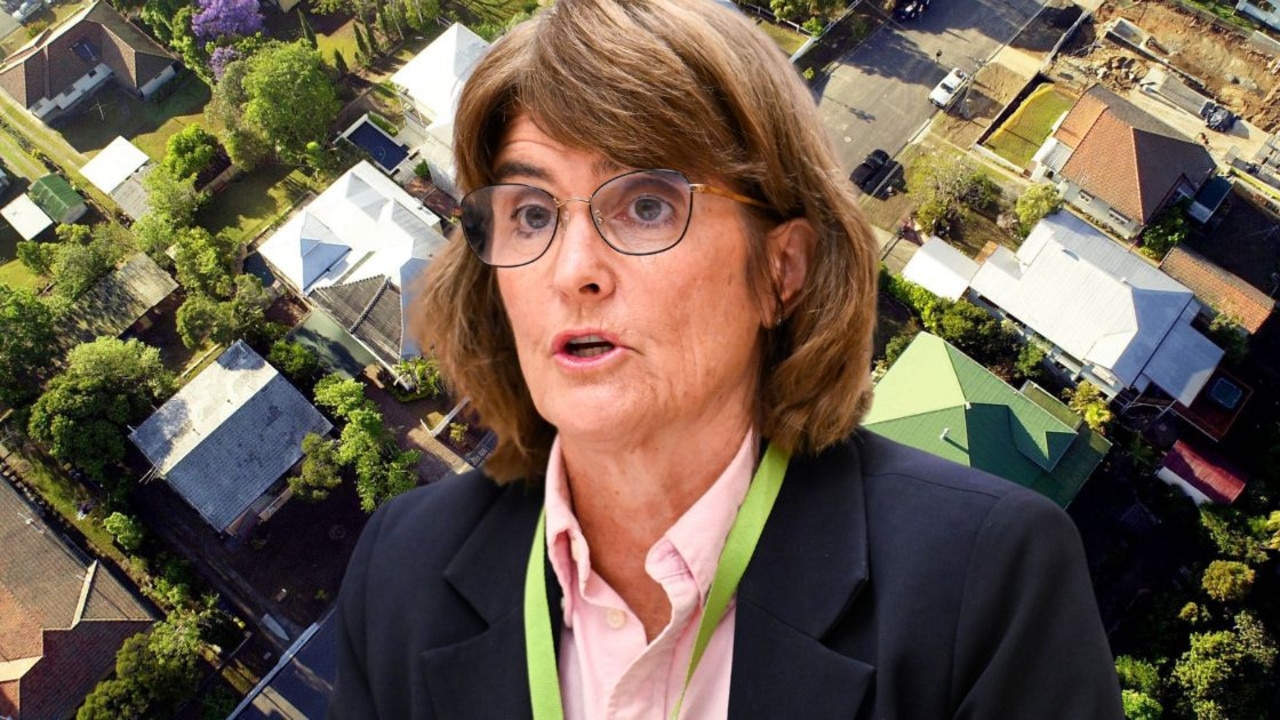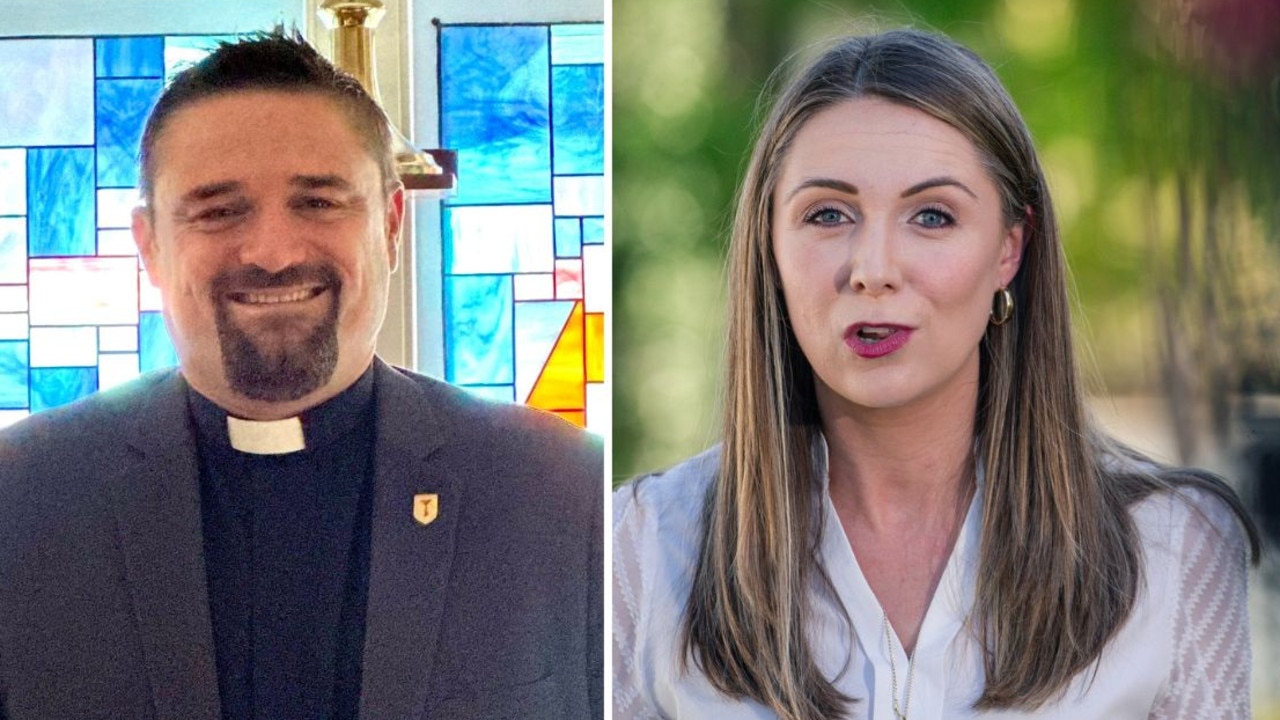R U OK Day: Three simple words can save a life
THERE was a time in Cressida Ward’s life when she thought suicide was the only option. Having pulled herself out of the ‘black hole’, she now dedicates part of her life to helping others with their own mental health battles.
CM Insight
Don't miss out on the headlines from CM Insight. Followed categories will be added to My News.
THERE was a time in Cressida Ward’s life when she thought suicide was the only option.
“There were a couple of events in my adolescent years around sexual assault and an epilepsy diagnosis at the age of 18, which resulted in me going to a very dark place with depression,” she said.
“Growing up in the ’80s a lot of things were just brushed under the carpet, there would be times where I would go for weeks without being connected to anyone.
“I felt like I spent a lot of my 20s trying to deal with those things that happened to me.”
Having pulled herself out of the “black hole” with the help of family and friend Ms Ward has dedicated part of her life to helping others with their own mental health battles, first as a Lifeline counsellor and now as a community ambassador for R U OK? Day.

Held today, R U OK? Day is now in its tenth year and aims to inspire and empower everyone to meaningfully connect with people around them and support anyone struggling with life.
“One of the reasons why I have become an ambassador for RU OK? Day is to promote the simple idea of just connecting with someone,” Ms Ward said.
“The ability to easily connect with people back in the ’80 and ’90s was far more difficult in comparison to today’s social media platforms.
“Unfortunately this is now a two-edged sword, as the constant viewing of ‘perfect’ Insta-lives can make people feel worthless and depressed about their own reality.”
Today she is happily married with two beautiful boys and said she felt grateful to be in a position to help others.
“Knowing the feelings of social isolation, depression and the helplessness that makes you want to take your own life, I felt I had the insights and skills to be someone to help,” she said.
“Being disconnected, is our fear of not being worthy of connection. I want to help people realise that they all deserve a strong sense of love and belonging.”

R U OK? Day was launched in 2009 by Gavin Larkin, who tragically lost his father to suicide in 1995.
Larkin, who died of brain cancer in 2011, wanted to spare other families the grief his own endured.
A spark of an idea has since become a national movement aimed at encouraging friends, families, loved ones and workmates to ask the question of anyone they are worried about, in a genuine and meaningful way.
A survey conducted by the organisation earlier this year found 51 per cent of us were asked by someone if we were OK when we really needed it, and more than half of Australians in the last 12 months wanted someone to ask them if they were OK.
Fifty-two per cent of us thought about asking someone if they were OK at least once, but decided not to.
R U OK? campaign director Katherine Newton said with around eight people taking their lives in Australia each day, and many more attempting, there was still so much work to do.
“Going forward, we want our statistics to reflect that the majority of Aussies are asking the question anytime they spot the signs that someone they care about is behaving out of the norm,” she said.
The four steps R U OK? encourages people to take are:
1. Ask
2. Listen
3. Encourage action
4. Check in
When asked what she would do if she came across someone who was struggling with mental health Ms Ward said she would ask them what kind of people they have around them.
“Are they feeling that they’re connected, we want to prevent that lack of belonging,” she said.
“I’d listen and ask them what kind of things make them feel good and have they been doing the things that make them feel good?
“Have they spoken to a medical professional and I’d just encourage them to take action.”
She said identifying signs that someone might not be coping such as a change in mood, appearance or behaviour could be a good catalyst to start the conversation.
“I’ve given myself permission to be good enough and let go of ridiculous self-expectations and have worked very hard and been vigilant on my wellness path which has put me in a great place today,” she said.
“There will always be ups and downs but I’m living proof that you can be OK.”
If you or someone you know needs help, please contact Lifeline on 13 11 14. If you need help with depression, please see beyondblue for a list of organisations that can help.


